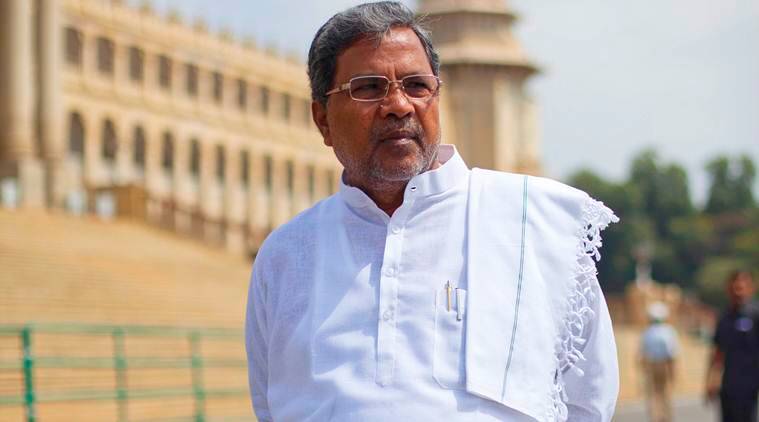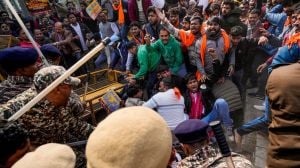Siddaramaiah says govt will accept caste survey report shelved during his first term as CM
Leaks of findings of the report had threatened to upset the established claims about the numerical strength of communities such as Lingayats and Vokkaligas in Karnataka.
 The report was submitted to Chief Minister Siddaramaiah in February 2024. (Express File Photo)
The report was submitted to Chief Minister Siddaramaiah in February 2024. (Express File Photo) The controversial Socio-Economic and Educational Survey Report, compiled by the Karnataka State Permanent Commission for Backward Classes, will be dusted off and placed before the government, Chief Minister Siddaramaiah said Wednesday.
“The caste-wise survey will provide necessary data to make appropriate decisions about facilities to be provided to the people. The survey was conducted to gather scientific and accurate information, which is essential for providing reservation and other facilities,” Siddaramaiah told a delegation of the Karnataka Shoshita Vargagala Mahakuta.
Over the last two days, the Congress leader has said that his government will accept the report, compiled during H Kantharaju’s tenure as chairman of the commission. The survey was commissioned in 2015. Siddaramaiah said that appropriate action would be taken on the basis of the data in the report.
The caste census report—compiled in the final months of Siddaramaiah’s first term as chief minister—was kept in cold storage by the Congress government and it remained on the back burner during the subsequent tenures of the Congress-JD(S) government and the BJP government.
On Tuesday, Siddaramaiah tweeted that the survey to assess the socio-economic and educational status of various castes in the state was carried out at a cost of Rs 162 crore during the previous Congress government. “Previous governments were reluctant to accept the report. Now, our government will accept the report. Based on facts, basic facilities will be provided to people in education, employment and industry,” he wrote in Kannada.
Though the report was expected to be out towards the end of Siddaramaiah’s first term as chief minister, from 2013 to 2018, Congress leaders did not push for the report to be tabled in the legislature fearing a backlash in the 2018 Assembly polls, which the Congress lost.
Leaks of findings of the report had threatened to upset the established claims about the numerical strength of communities such as Lingayats and Vokkaligas. They also suggested that the Scheduled Caste and Muslim populations were bigger than those of the dominant communities.
By accepting the report, the government is looking to address several concerns including providing reservation for various communities in the local bodies, as the Supreme Court has mandated an empirical study to be done before reservation is announced for the seats.







